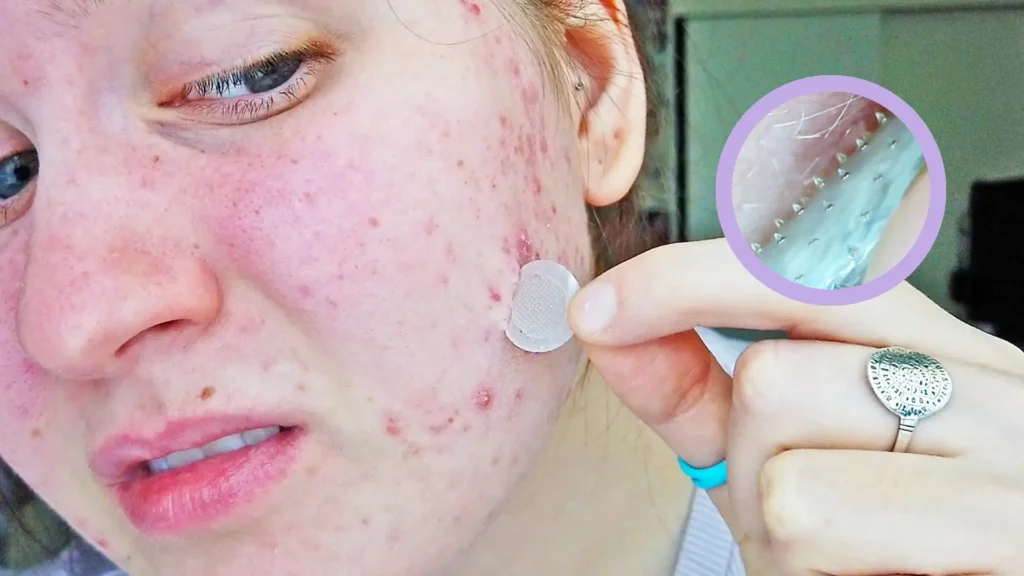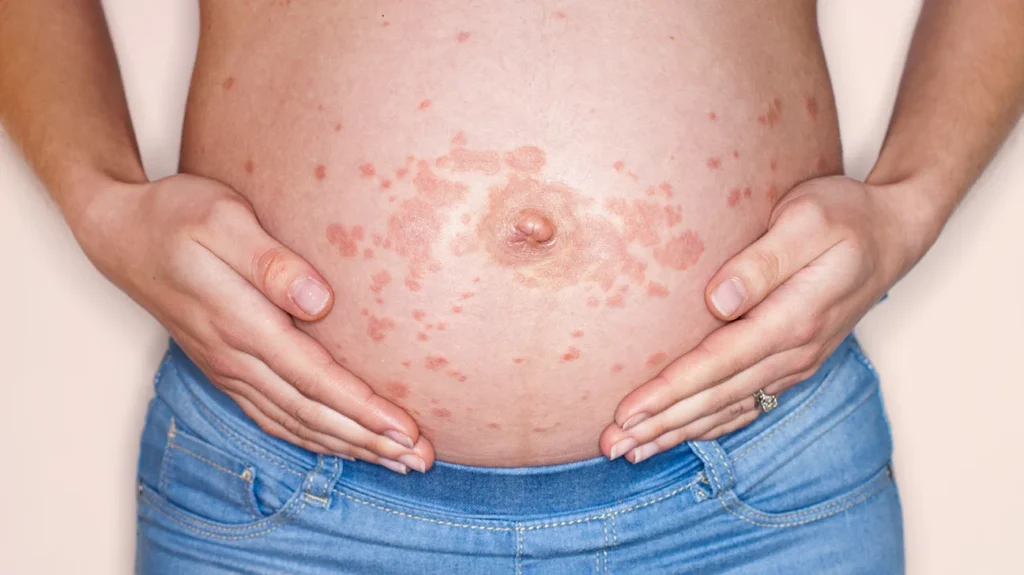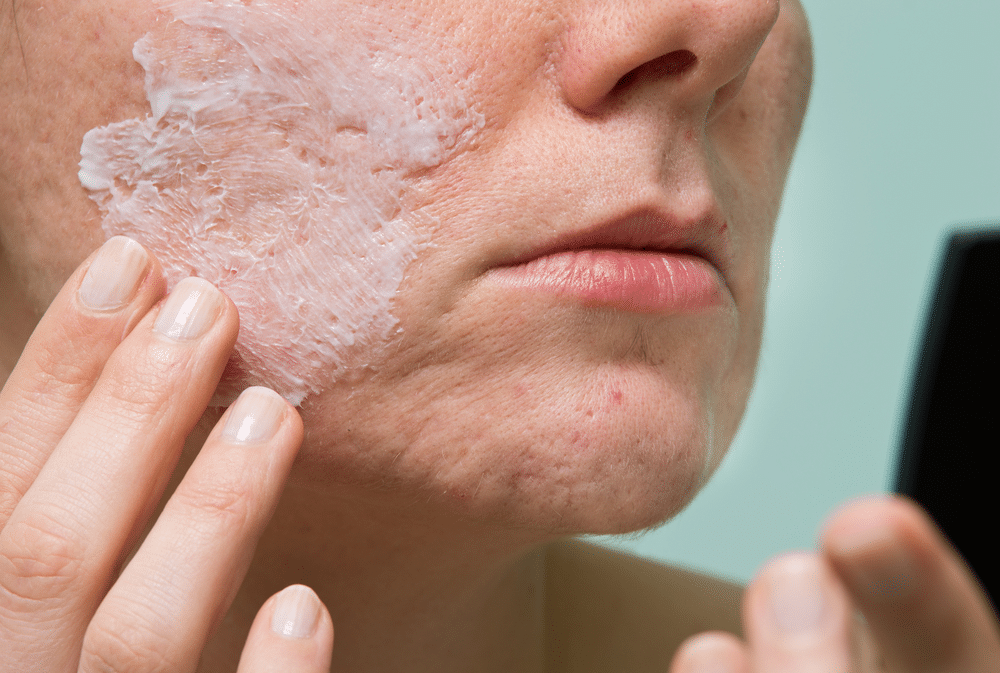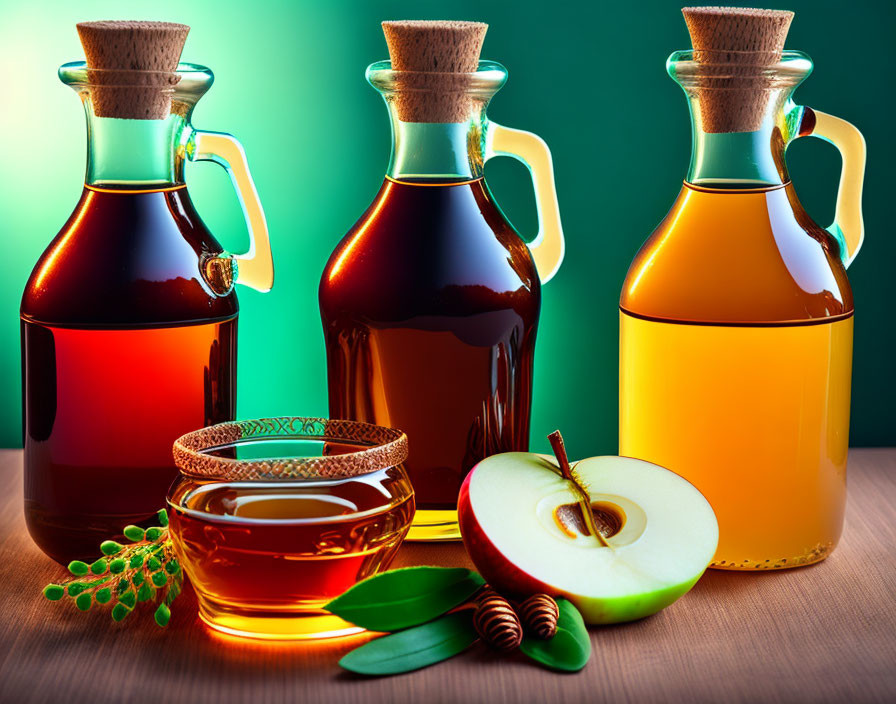Contents
Why do my acne scars look worse some days?

Why do my acne scars look worse some days? There could be several reasons why your acne scars may look worse on some days. Some possible factors include:
- Inflammation: Acne scars can appear more prominent when the skin is inflamed. Factors such as hormonal changes, stress, or certain foods can trigger inflammation, making the scars look worse.
- Sun exposure: Exposure to the sun’s harmful UV rays can cause darkening or hyperpigmentation of acne scars, making them appear more visible.
- Skin dehydration: Dehydration can make the skin look dull and make acne scars more noticeable. Lack of hydration can also impede the natural healing process of the skin.
- Exfoliation or irritation: Over-exfoliating or using harsh skincare products can irritate the skin and make acne scars appear more red or inflamed.
- Poor skincare routine: If you are not following a consistent skincare routine or using appropriate products for your skin type, it can lead to clogged pores, breakouts, and worsen existing acne scars.
It is important to keep in mind that everyone’s skin is unique, and different factors may affect acne scars differently for each individual. It is advisable to consult with a dermatologist if you are concerned about your acne scars, as they can provide personalized advice and treatment options.
Are acne scars permanent?
Acne scars can be permanent, but not all acne scars are permanent. The type and severity of the acne scar, as well as the individual’s skin type and ability to heal, will determine if the scar is permanent or has the potential to fade over time. Some acne scars, such as hypertrophic or keloid scars, may be more likely to be permanent. However, with various treatments and interventions such as laser therapy, chemical peels, microdermabrasion, dermal fillers, or surgical techniques, it is possible to reduce the appearance of acne scars and improve their overall appearance. Consulting with a dermatologist or a skincare professional can provide more specific guidance based on an individual’s particular situation.
Can acne be a sign of pregnancy?

Yes, acne can be a sign of pregnancy. Hormonal changes during pregnancy can cause increased oil production in the skin, leading to acne breakouts. However, acne alone is not a definitive sign of pregnancy, as it can also occur for other reasons.
Can acne scars go away?
Acne scars can fade and become less noticeable over time, but they may not completely go away on their own. However, there are various treatments available that can help improve the appearance of acne scars significantly. Some of the common treatments include chemical peels, microdermabrasion, laser therapy, dermal fillers, and microneedling. It is advisable to consult a dermatologist to determine the most suitable treatment for your specific type and severity of acne scars.
Which acne medications are most effective?

There is no one-size-fits-all answer to this question as the effectiveness of acne medications can vary depending on the individual. However, some commonly prescribed medications for acne include:
- Benzoyl peroxide: This over-the-counter medication kills bacteria and helps to remove excess oil from the skin.
- Retinoids: These topical medications help to unclog pores and reduce inflammation. Examples include tretinoin and adapalene.
- Antibiotics: Oral or topical antibiotics can be used to kill bacteria and reduce inflammation associated with acne. They are often prescribed in combination with other medications.
- Oral contraceptives: Certain birth control pills containing estrogen and progesterone can help regulate hormones and reduce acne in women.
- Isotretinoin: This powerful oral medication is reserved for severe cases of acne. It reduces oil production, kills bacteria, and decreases inflammation.
It’s important to consult with a dermatologist to determine the best acne treatment for your specific needs and to discuss potential side effects and risks.
Are there also natural ways to treat acne?

Yes, there are several natural ways to treat acne. Here are some options:
- Keeping the skin clean: Wash your face twice a day with a gentle cleanser to remove excess oil and dirt. Avoid harsh and drying soaps as they can worsen acne.
- Tea tree oil: Applying diluted tea tree oil to the affected areas can help kill bacteria and reduce inflammation.
- Honey: Applying raw honey to the skin can have antibacterial and wound-healing properties. Leave it on for 10-15 minutes before rinsing off.
- Aloe vera: Applying aloe vera gel to the skin can reduce inflammation and help heal acne lesions.
- Green tea: Drinking green tea or using it as a topical treatment can help reduce inflammation and fight acne-causing bacteria.
- Apple cider vinegar: Diluted apple cider vinegar can be used as a toner to balance the skin’s pH levels and kill bacteria.
It’s important to note that natural remedies may not work for everyone and it’s best to consult with a dermatologist for personalized advice and treatment options. Good luck!
